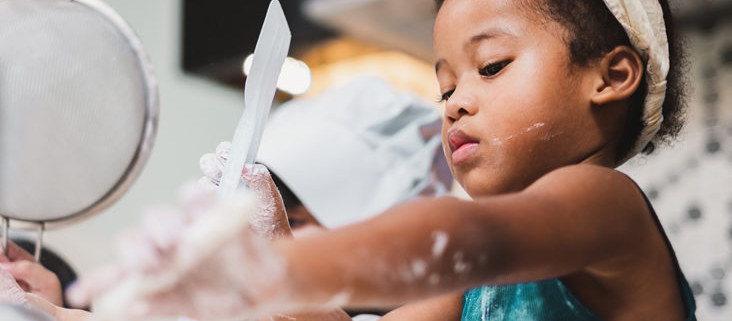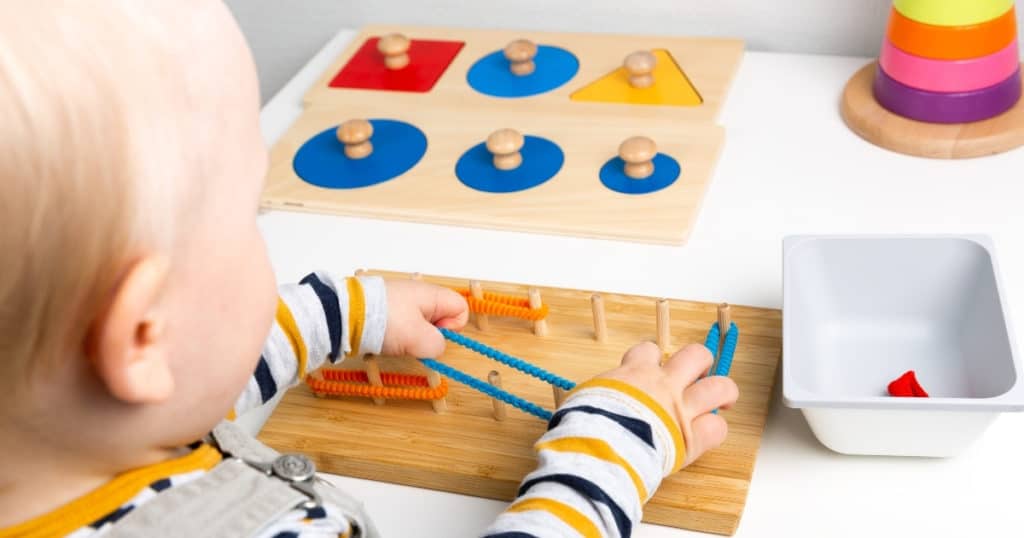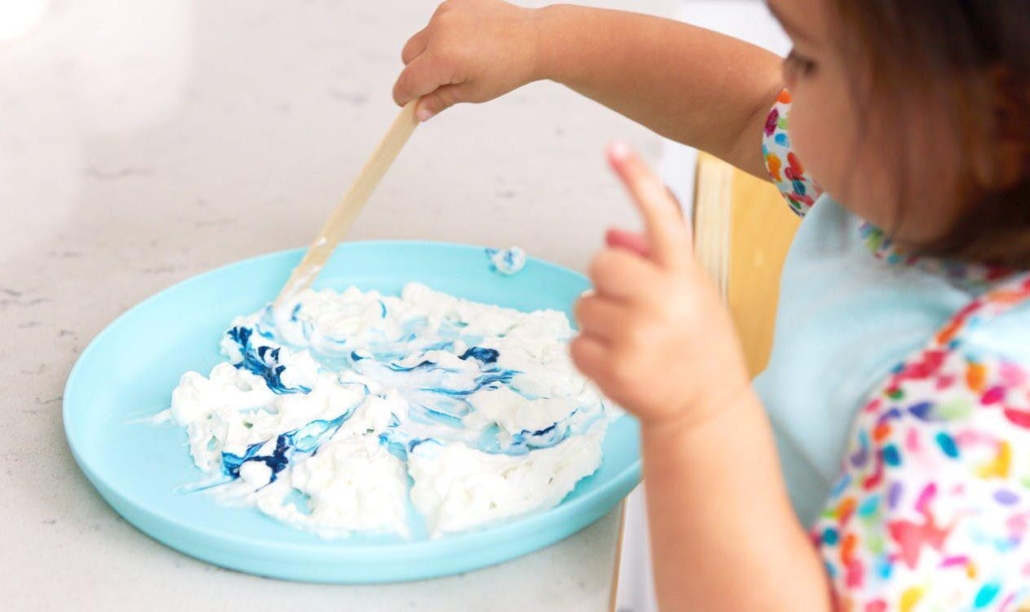The Importance of Sensory Play
Children are natural adventurers, always looking for something to discover, investigate, and experiment with things in their surroundings. Whether it be insects, rocks, sticks, or flowers, the desire for discovery is present in every child’s imagination.
In this blog, we will discuss why it is so important to keep sensory play as an important aspect of your child’s growing up, what factors can help to develop their sensory play skills, and how it can add value to your child’s overall early years development.
Remember back to when you were a child, before screens and the internet. What about actually playing outside, getting dirt on your hands, and exploring the world around you? Activities like riding your bike, counting the insects in the garden, or playing hide-and-seek with your friends? These types of childhood experiences helped to develop our senses and actions, in preparation for our formal education.
Today, most children are subject to the standard indoor activity mindset. Meaning television, mobile phones, tablets, and computer games are their main source of entertainment. Although these activities do provide visual and auditory stimulation, they may be considered too fast-paced and don’t allow your child self-control and may hinder them to use all their senses.
At the same time, the pressure on parents and teachers to “prepare” children for school is resulting in younger than expected children completing worksheets and other unsuitable assessments. Rather than exploring and just simply “being a kid.”
What is sensory play?
Sensory play includes any activity that inspires your child to explore and stimulate their core senses. Some examples of these include; dancing, yoga, arts and crafts, playing in the sandpit, and so much more.
Some parents are put off by sensory play because it can be messy or too loud, or assuming it will result in disruptive behaviour. Some of these might be true… yet by implementing a couple of simple rules for your child to follow and preparing a space for the activity, the benefits of sensory play are irreplaceable for early development.
There is a strong physical desire for young children to see, hear, touch, smell, and taste things that are new and within reach. As your child grows, the need to stimulate their senses and explore will continue. Cognitive, social, emotional, and behavioural development are all enhanced by sensory play.
The different types of sensory play are visual, auditory, kinaesthetic, olfactory, and gustatory perceptions. We will explore each and give examples of how you as a parent can implement these into your child’s everyday routine.
Visual
- Paint with water on tissue paper and use an eyedropper to encourage fine motor skills stimulation. A fun activity we like to do is make “tissue paper worms”.
- Mix baking soda and your favourite colour jelly powder, and slowly pour in vinegar to simulate a volcanic explosion. Add dinosaur miniatures for a prehistoric adventure.
Auditory
- Using pots, pans, stainless steel, and wooden utensils make your own kitchen band.
- While reading your child’s favourite book, purposefully leave out the last word of the sentence and ask your children to complete the phrase.
Kinaesthetic
- Practice yoga poses with your child. Some of our favourites include the tree, dolphin, door, and dancer poses. Here’s a great tutorial yoga video for your child.
- Build a fun interactive obstacle course using sofa cushions, blankets, stuffed animals, pretty much anything you’ve got around the house.
Olfactory
- Construct your own smell laboratory using common spices from the kitchen.
- Play the game we like to call “guess that scent” using a variety of ointments. Some we recommend are lotion, sunscreen, toothpaste, body, hand and dish soaps.
Gustatory
- Compare the difference between sweet and salty foods, such as mini marshmallows and pretzel sticks.
- Take a bite from a variety of apples or grapes and talk with your child about the difference in flavours and textures.
All exploration takes time.
If a child is to become familiarised and engaged with their environment, they will need proper time to connect, discover, and explore all their senses. This may help your child to learn more self-control, how to communicate ideas more clearly and absorb new information. Most importantly, your child may discover a passion and eagerness for learning which will continue throughout their entire education and lives.





